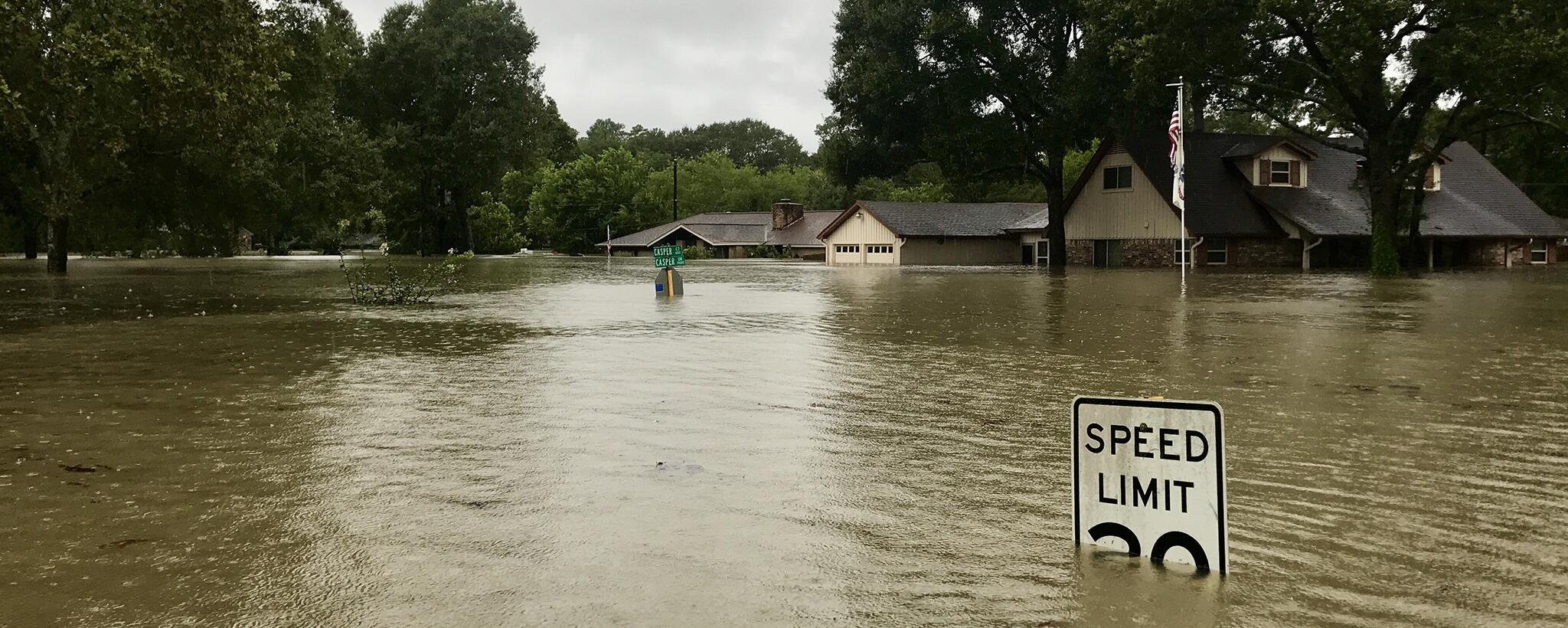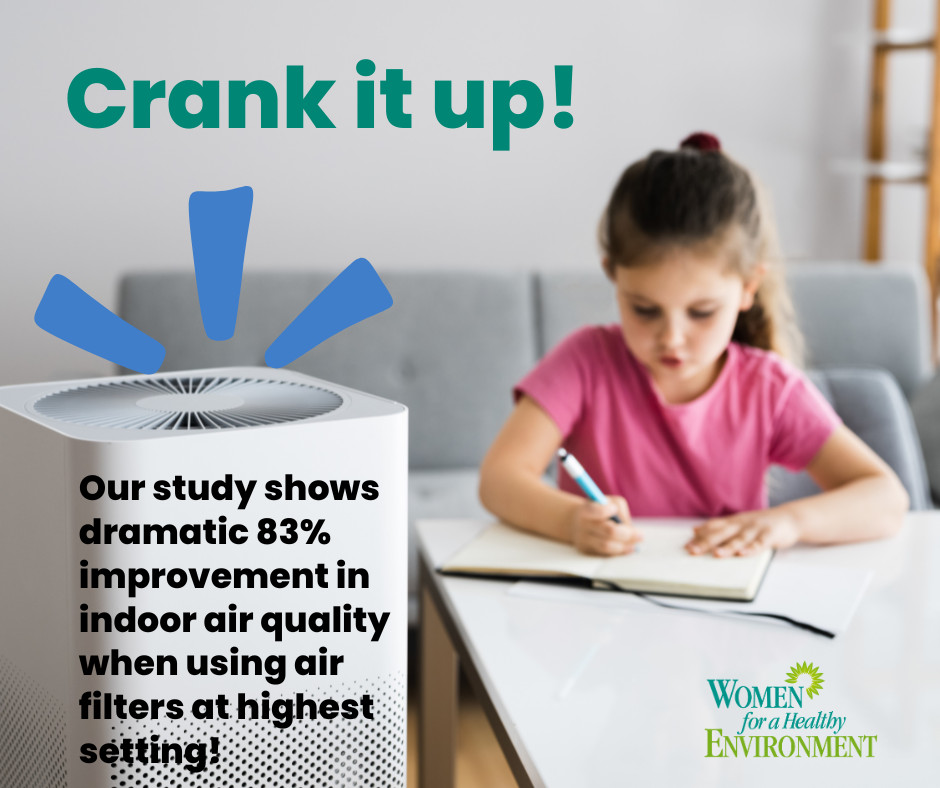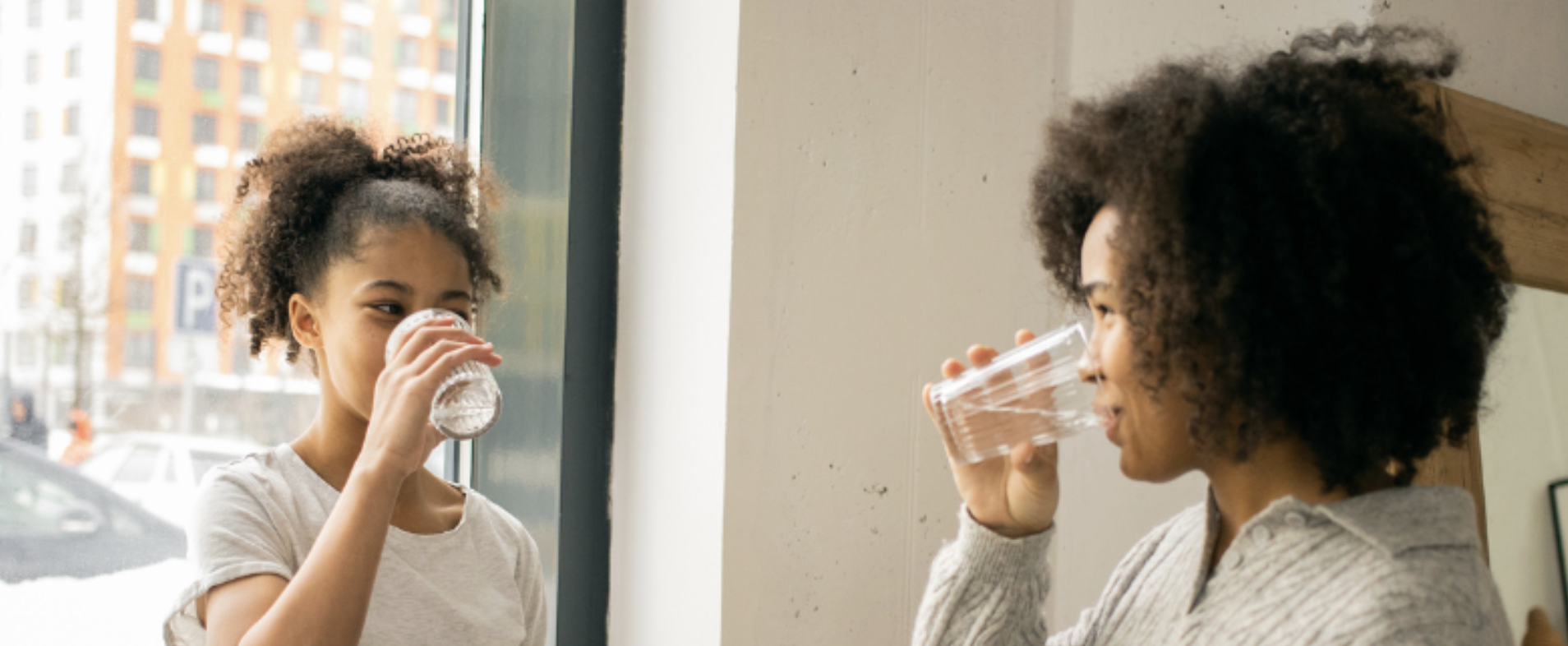The United Nations defines climate change as the long-term shifts in temperatures and weather patterns. These shifts may be natural, such as through variations in the solar cycle. But since the 1800s, human activities have been the main driver of climate change, primarily due to burning fossil fuels like coal, oil and gas.
According to the World Health Organization (WHO), over the last 50 years, human activities – particularly the burning of fossil fuels – have released sufficient quantities of carbon dioxide and other greenhouse gases to trap additional heat in the lower atmosphere and affect the global climate.
Measuring the health effects from climate change can only be very approximate. A WHO assessment concluded that climate change is expected to cause approximately 250,000 additional deaths per year between 2030 and 2050; 38,000 due to heat exposure in elderly people; 48,000 due to diarrhea; 60,000 due to malaria; and 95,000 due to childhood undernutrition. According to the PA DEP, Pennsylvanians will be faced with worsened air quality, increased damage from flooding, agricultural losses, and expansion of vector-borne diseases like Lyme Disease due to climate change
Moreover, we know that environmental justice communities, primarily communities of color, are being disproportionally impacted by the results of climate change. According to an article published by Princeton University, “the impacts of climate change are largely determined by the population’s vulnerability and resilience. Hence, they are more likely to be felt disproportionately by those who suffer socioeconomic inequalities. In the United States, people of color are found to be particularly more vulnerable to heatwaves, extreme weather events, environmental degradation, and subsequent labor market dislocations.”
Climate change is a multi-faceted issue that requires a transformation in global policy and a complete shift in how we prioritize science and evidence. While this can be incredibly daunting and seemingly impossible to do anything about, there are ways we can make a difference; making small changes in our home, voting for individuals who are proactively working on climate change policies, advocating for our elected officials to prioritize climate change as public health issue and demand change!
Here is a list of what you can do right now to take the first step toward addressing climate change:
- Calculate your carbon footprint (and adopt tips for reducing your footprint) by going to https://www3.epa.gov/carbon-footprint-calculator/.
- Switch to a renewable energy supplier by going to https://www.papowerswitch.com/
- Purchase appliances, electronics and home building products with the Energy Star label.
- They typically use 10 to 40 percent less energy than other models.
- Unplug your electronics (television, computer, video game consoles, cable boxes, and digital video recorders) when not in use to save energy.
- Weatherize your home. Check out ACTION Housing’s Weatherization Assistance Program. https://actionhousing.org/our-services/weatherization/
- Buy better bulbs – LED lightbulbs use up to 80 percent less energy than conventional incandescent bulbs.
- Consider utilizing green infrastructure practices like installing rain gardens and planter boxes to help minimize flood risk and stormwater run-off.
- Be a climate voter – only vote for candidates who accept the science of climate change and are committed to addressing it.
- Write a letter to your local, state (https://www.legis.state.pa.us) or federal elected official explaining your concern about climate change and urging them to act. The League of Conservation Voter’s searchable environmental scorecard (https://scorecard.lcv.org) can help you determine who your elected officials are and how they have voted on environmental issues.
For more information on climate change and ways that you can take action, please reach out to WHE’s Mon Valley Community Health Worker – Germaine Gooden Patterson at germaine@womenforahealthyenvironment.org
Resources:
https://www.who.int/news-room/fact-sheets/detail/climate-change-and-health
https://psci.princeton.edu/tips/2020/8/15/racial-disparities-and-climate-change
https://toolkit.climate.gov/tool/climate-glance
https://www.nrdc.org/stories/how-you-can-stop-global-warming



